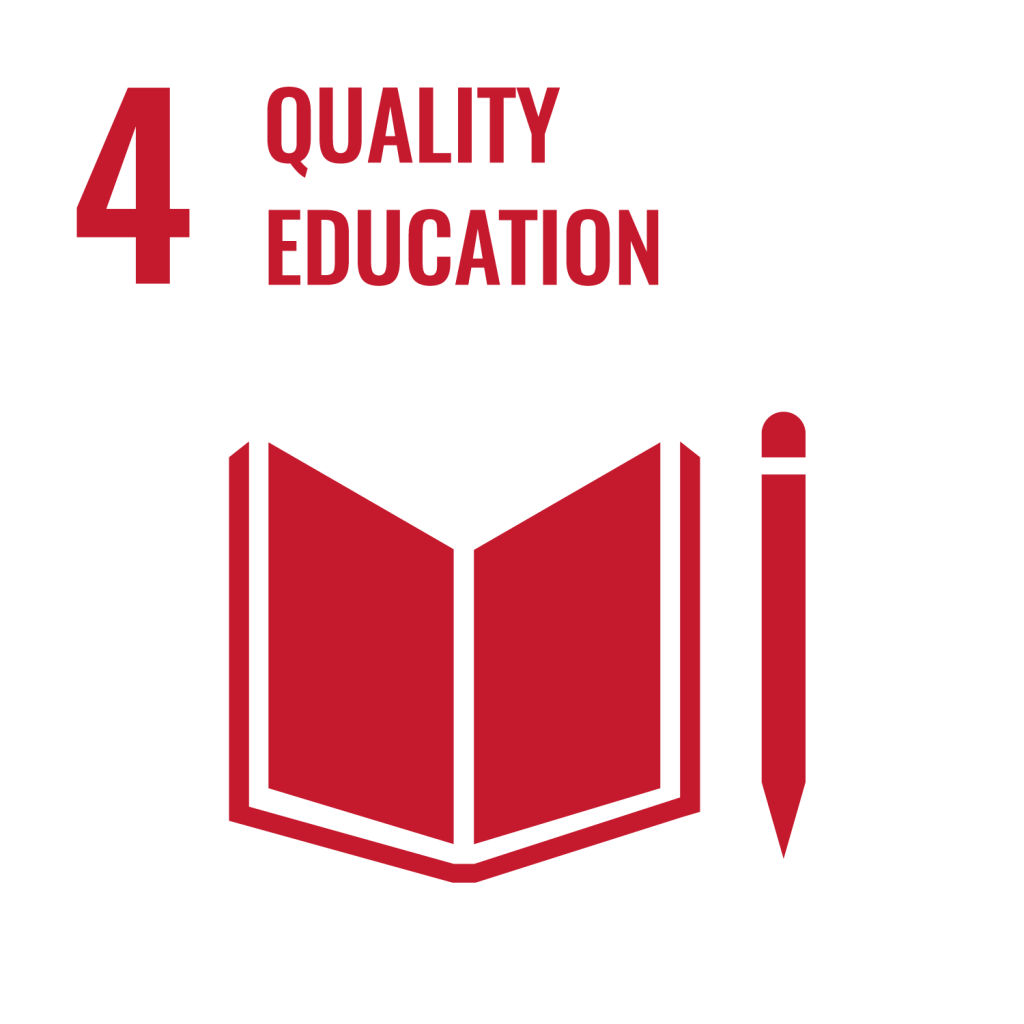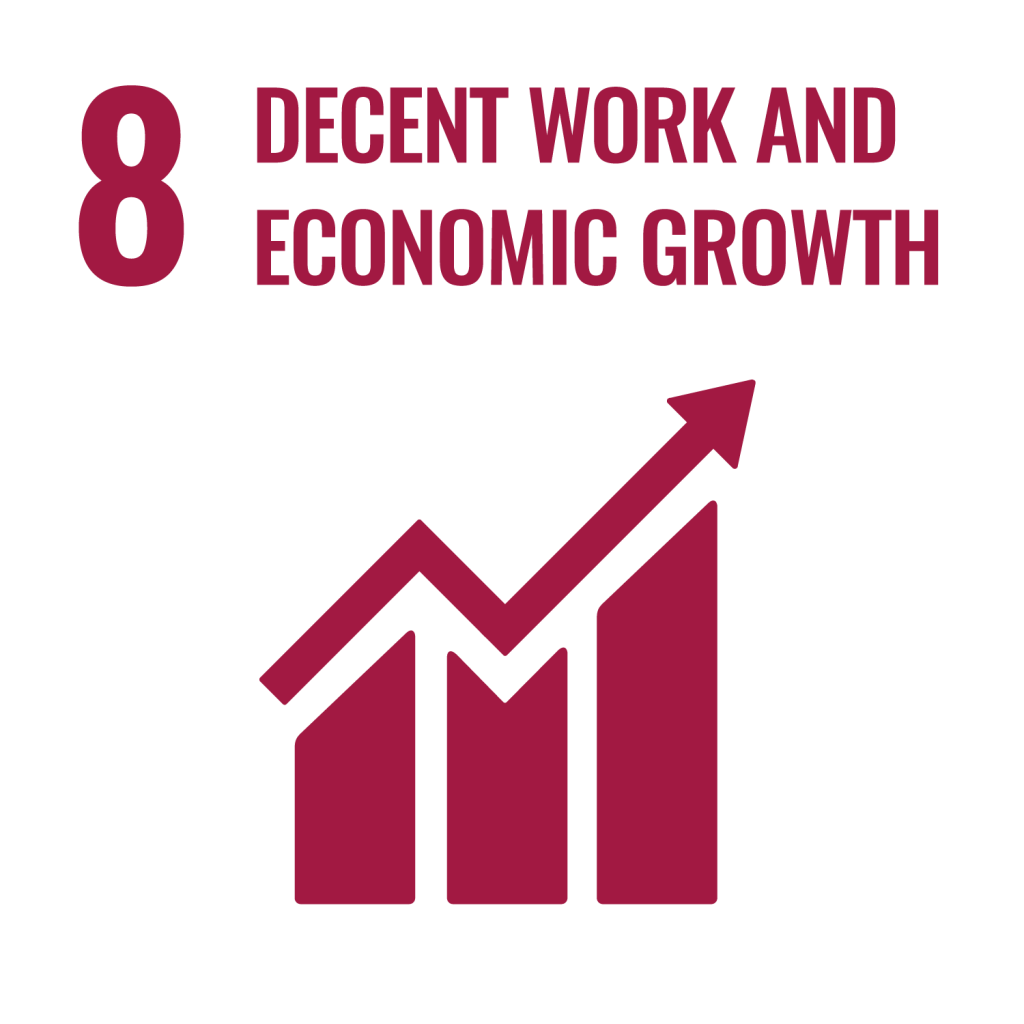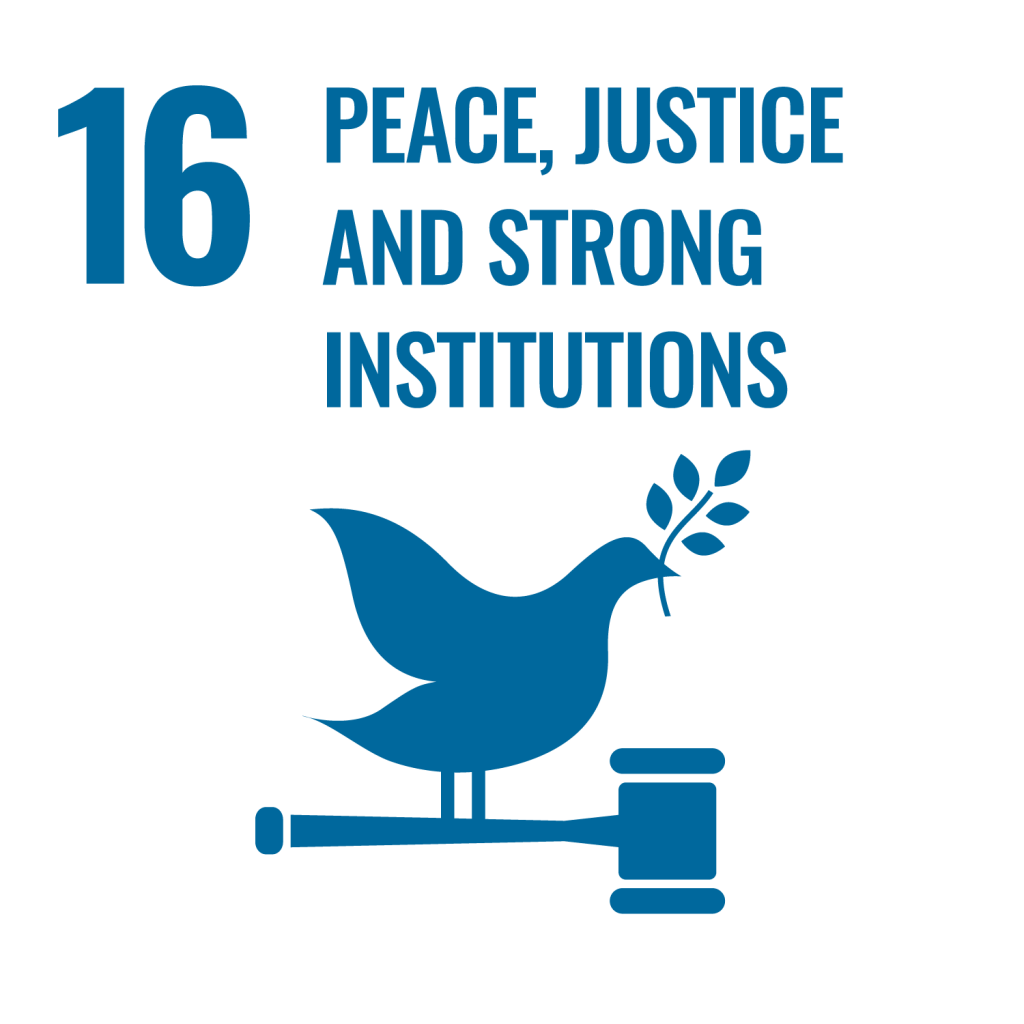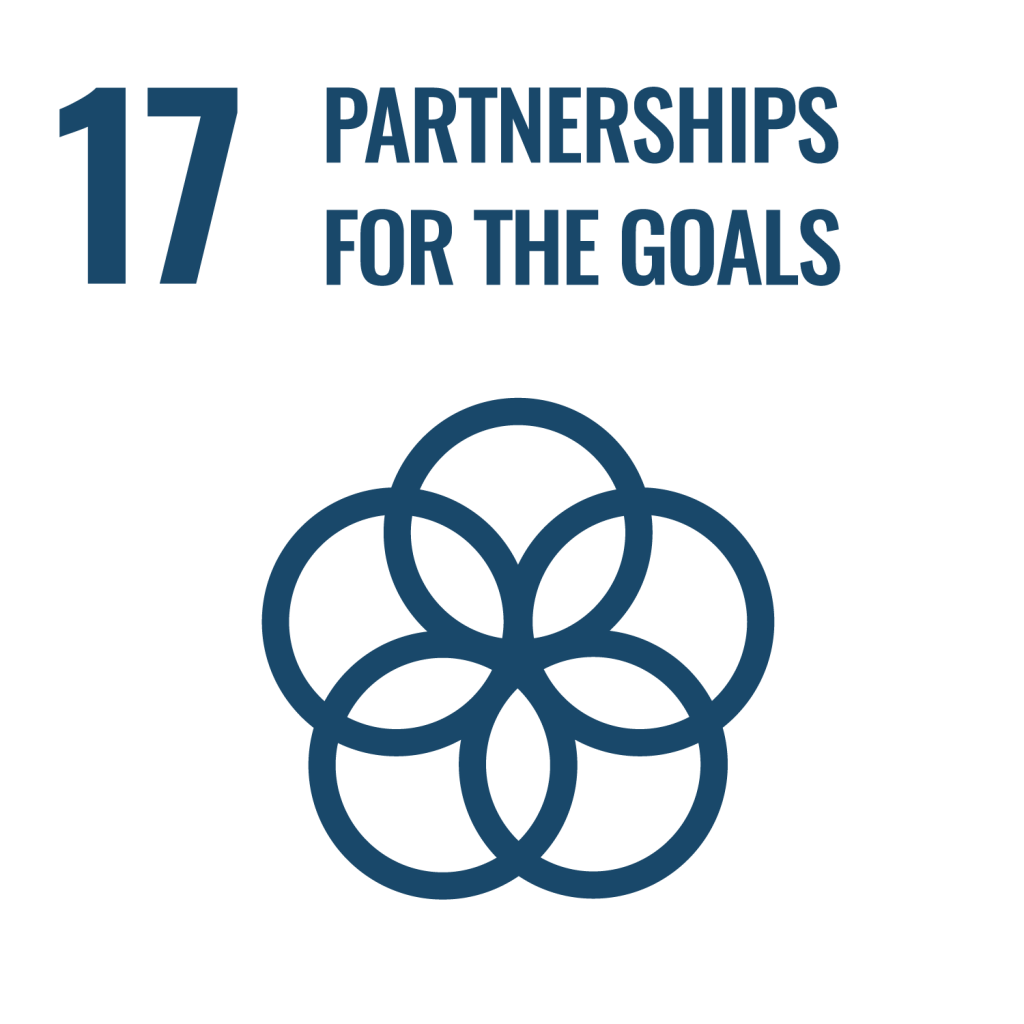The move to normalise the practice of sentencing justice-involved youths as adults is not new to the global criminal justice system. The policy known as ‘Adult Time for Adult Crime’ has now been reintroduced to the world with the decision of the Premier of Queensland to legalise adult sentences for young people accused of crimes such as murder, grievous bodily harm, manslaughter and other offences with grave consequences. The Adult Time for Adult Crime policy pushes for tougher criminal laws in the juvenile criminal justice system to support a tough-on-crime agenda.
This article will review this policy in light of existing Nigerian laws providing for child justice administration.
Who is a Juvenile in Nigeria?
The Nigerian juvenile justice system covers the structures, institutions, measures and laws in the administration of child justice in Nigeria, including children in conflict with the law, in need of care and protection, and beyond parental control. This article will focus on the first category of juveniles and their criminal responsibility. The legal definition of a child decides their criminal culpability and under Nigerian laws, the age varies.
At the federal level, the Administration of Criminal Justice Act, 2015 (ACJA) for instance, distinguishes between an infant, a child and a young person. The Interpretative section of the ACJA defines an infant as a person who has not attained the age of 7 years; a child as a person who has not attained the age of 18 years; and a young person as a person who has attained the age of 14 years but has not attained the age of 17 years. By section 30 of the Criminal Code, a person under the age of 7 years is not criminally liable for any act or omission, while a person 7 years and above but under the age of 12 years is not criminally responsible for their actions or omissions except it is proven that they could understand the implications of right and wrong at the time of doing the act or making the omission. A similar provision is found in section 50 of the Penal Code, which applies to Northern Nigeria. The Children and Young Persons Law which still applies in states yet to pass the Child’s Rights Law sets seven years as the minimum age of criminal responsibility and defines a child as under 14 years and a young person as 14 years and above but under 16 years.
However, the Child’s Rights Act 2003 (CRA), the most current law on child rights and justice, defines a child as “a person under the age of eighteen” and sets the age of majority at 18. By section 405(1) of the ACJA, the CRA shall apply where a minor is alleged to have committed an offence. This provision implies that all other laws on the administration of juvenile justice are subject to the Child’s Rights Act.
Is Adult Time for Adult Crime Legal in Nigeria?
The criminal culpability age of 18 years implies that young people under 18 years will not be sentenced as adults, irrespective of their offence. Under the CRA, no person under 18 years shall be imprisoned, subjected to corporal punishment, subjected to the death penalty or have the death penalty recorded against them.
Unfortunately, this provision does not protect every child in Nigeria as the age of criminal responsibility varies under the defining Laws of various states in Nigeria. While the CRA is a federal law, it only applies to the Federal Capital Territory and States that have domesticated the law (which could be with modifications). For instance, the Child’s Rights Law of Akwa-Ibom State defines a child as a person 16 years and under while Northern states who conform to Sharia Law treat children who have attained puberty as adults, for criminal culpability. Essentially, a person who is under 18 years of age might be sentenced as an adult in Akwa-Ibom and other states yet to domesticate the CRA while children as young as 14 years might be subject to capital punishment in states operating Sharia law.
In the wake of the 32 minors undergoing trial for alleged mutiny and treason in Nigeria, it is evident that there is a wide gap between law and practice in the Nigerian criminal justice system. While the CRA designates special courts to handle child justice, these children are being tried with other adult defendants in a federal high court for capital offences such as treason.
Similarly, although the law prohibits incarcerating young offenders with adults, there remain reports of young people being remanded at adult correctional facilities. In most cases, these are pre-trial detainees who become negatively impacted by incarceration even without convictions, further compounding the root causes for any perceived delinquency.
Whereas the law prohibits the adult time adult crime policy, young persons remain at risk of falling victim to the policy in practice, more so children in States practising Sharia and those with low minimum ages of criminal responsibility.
The Dangers of the Adult Time for Adult Crime Policy
1. Risk of Increasing the Rate of Youth Offending
A 2009 Research by Steinberg and others indicate that adolescents do not attain psychosocial maturity until after 18 years of age. This correlates with the 2010 findings of Bryan-Hancock and Casey. Other empirical studies remain consistent with this evidence. The implication is such that young people, especially males, are incapable of the psychological maturity to understand the consequences of their criminal actions. Armed with this evidence, it becomes counterintuitive to merge youth and young people with adult alleged offenders. Exposing them to interactions with incarcerated persons alleged to have committed grave offences through adult sentencing increases the risk of delinquency and continuous offending.
2. Contradicts international child’s rights best practices
The foremost principle for acceptable child care is for every action taken that concerns a child to be in the best interest of the child. This principle is enshrined in the United Nations Convention on the Rights of the Child; United Nations Standard Minimum Rules for the Administration of Juvenile Justice (Beijing Rules); and the United Nations Rules for the Protection of Juveniles Deprived of their Liberty.
This principle has been adopted into domestic legislation like the Nigerian Child’s Rights Act. What it entails for the juvenile justice system is that actions be taken with the overall welfare of the youth as a priority consideration. Subjecting young people to adult sentences contradicts promoting the welfare of the youth population of the criminal justice system.
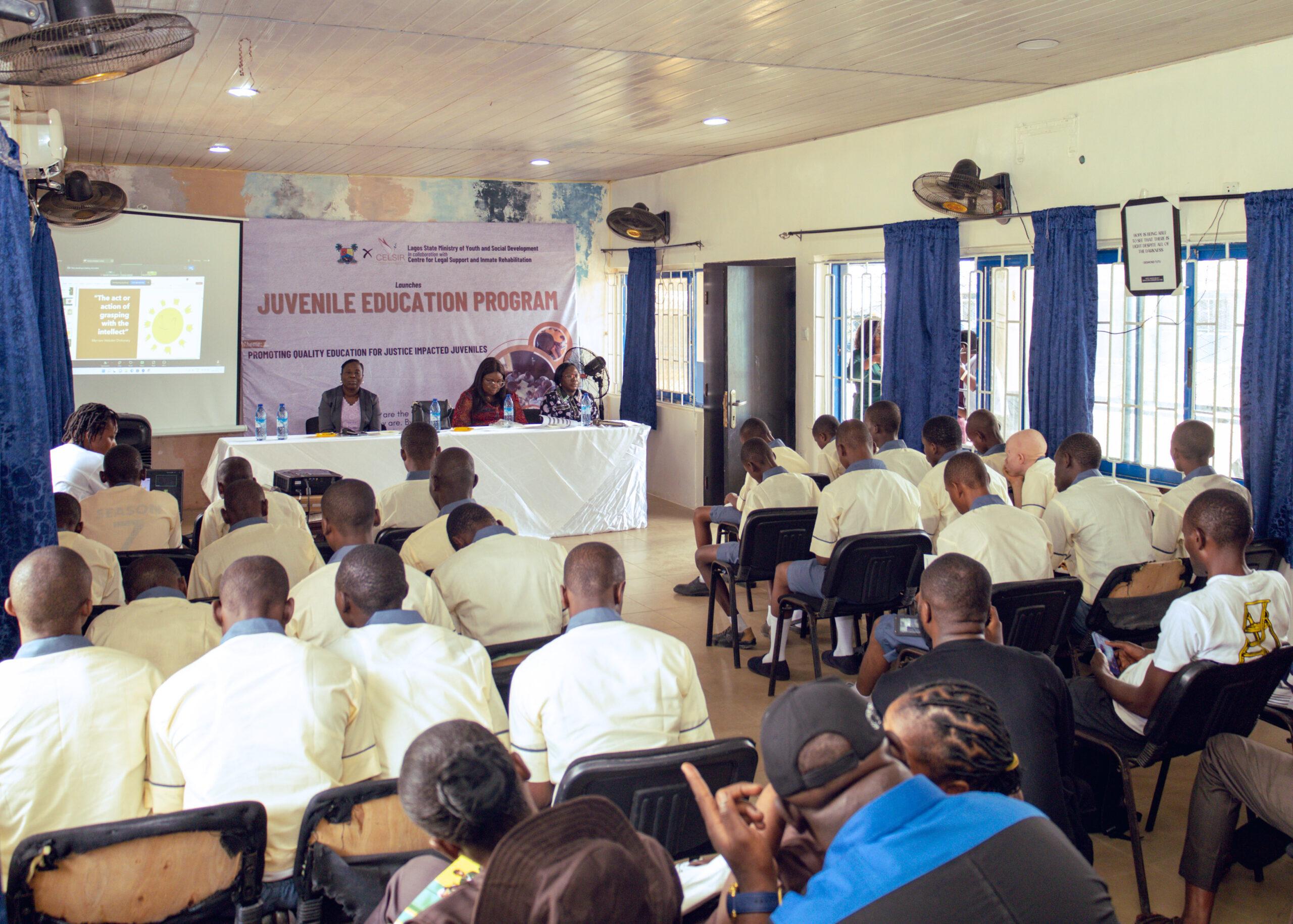
3. Threatens rehabilitation and reintegration
Juvenile justice systems should seek the well-being of justice-involved young people and promote their reintegration into society through non-custodial sentencing, rehabilitative education, positive reinforcements and protection of their basic rights. Capital punishment, long-term incarceration and other adult-focused sentence measures threaten the successful rehabilitation and reintegration of corrections-involved children and youths.
Conclusion
Proponents of the adult time for adult crime policy espouse that it is a critical approach to reducing youth offending and youth recidivism. Although the policy is an attempt at deterring criminal activities in the youth population and reducing the possibility of a surge in adult-onset offending, there is no substantial evidence to confirm its influence in directly reducing youth offending and recidivism. Juvenile justice systems are therefore encouraged to address youth offending by exposing and dealing with the root causes of crime rather than subjecting young people to adult trials and sentencing. They are also encouraged to increase the minimum age of criminal responsibility in line with international best practices for the welfare and well-being of the child.



